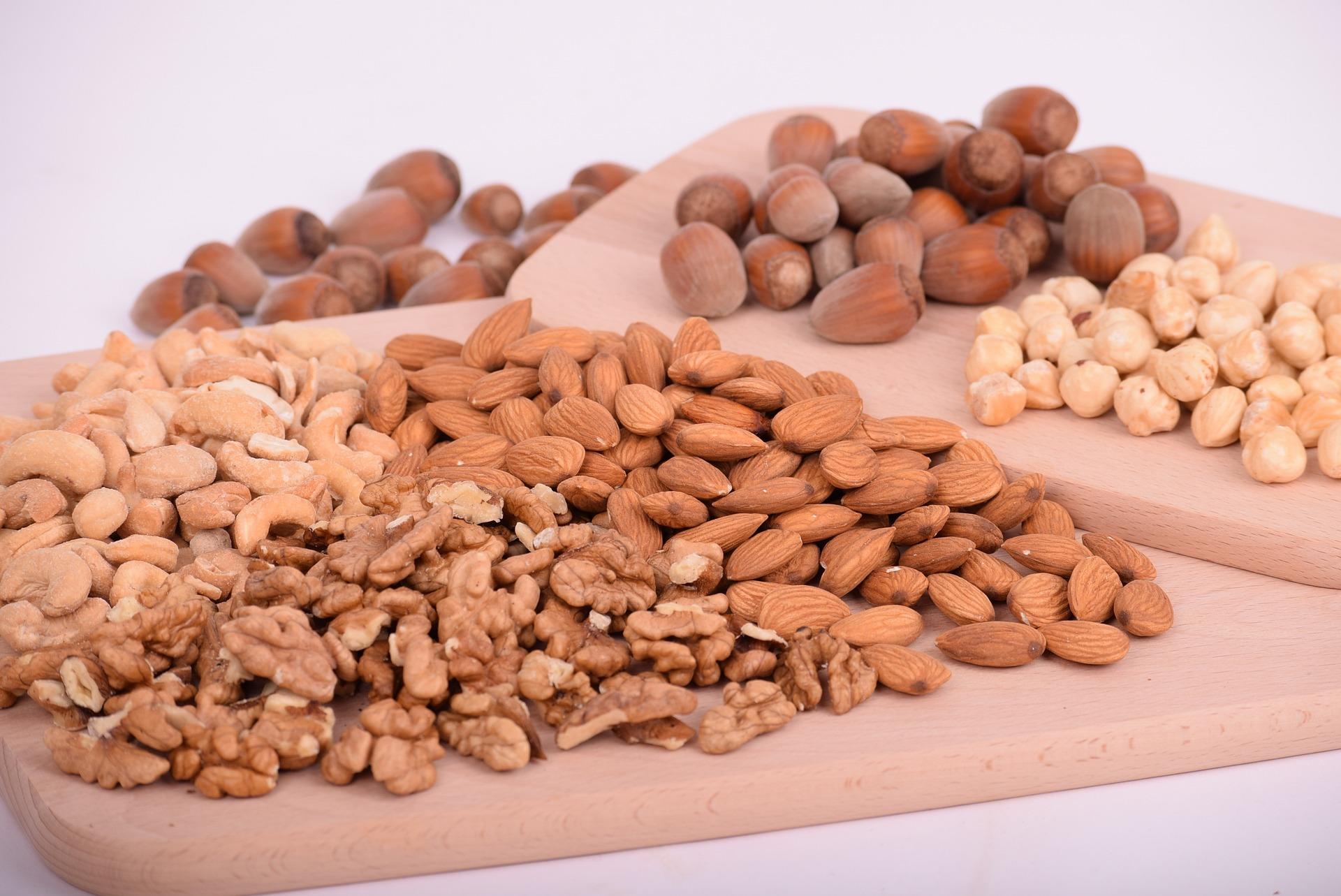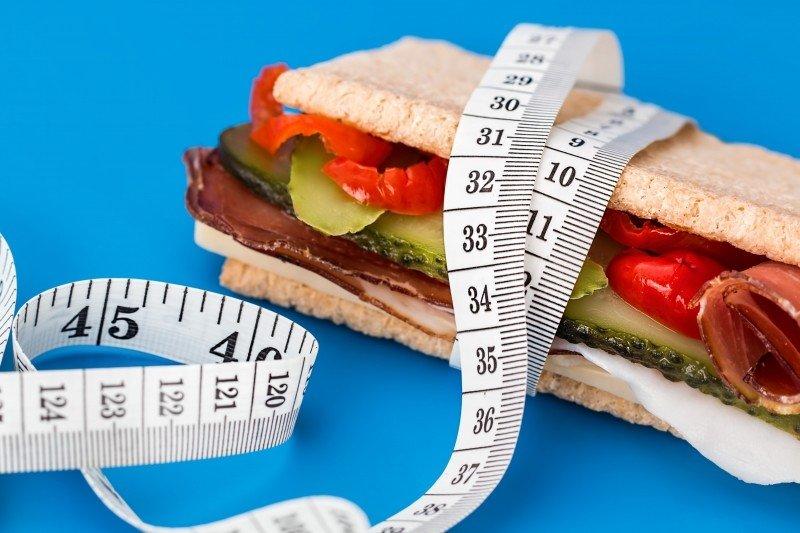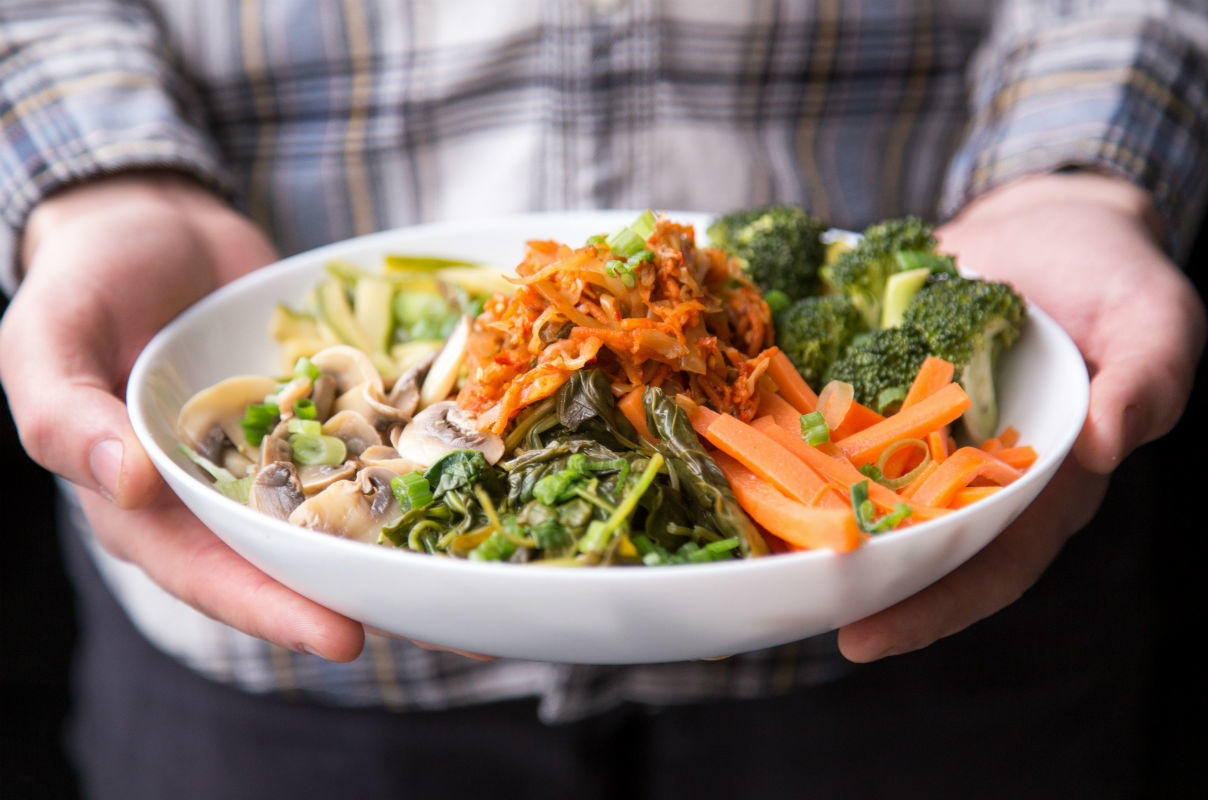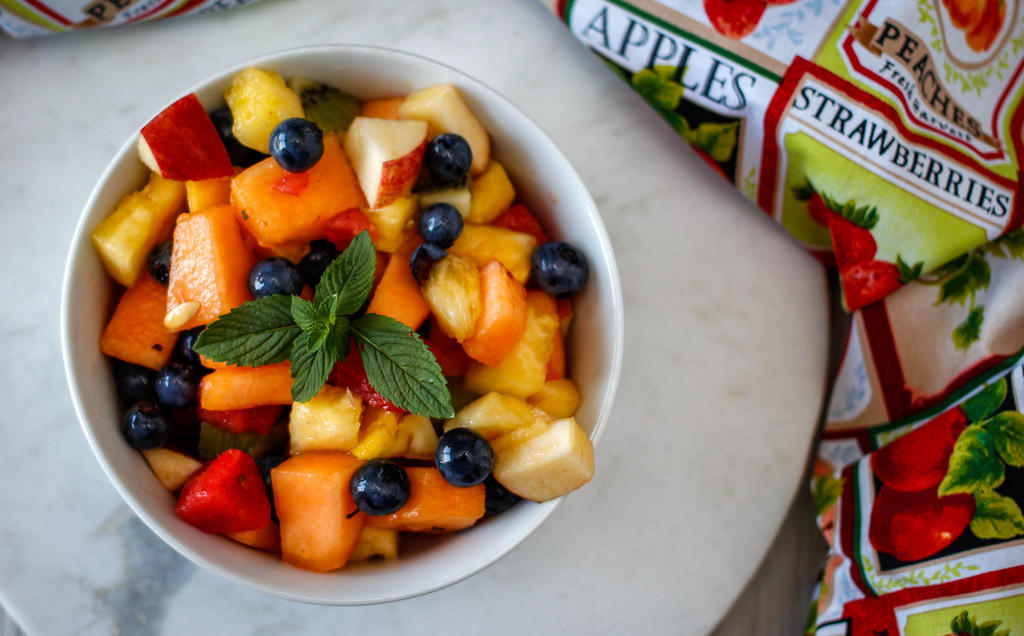In a well-balanced diet, carbohydrates are significant as they provide the body with energy and vital nutrients. Understanding the benefits and risks of carbohydrate consumption is essential for maintaining good health. This article will delve into the importance of carbohydrates in a balanced diet, highlighting their numerous benefits and potential risks.
Carbohydrates serve as a primary energy source for the body, supplying the necessary fuel to carry out daily activities. When consumed, they are broken down into glucose, which the brain, muscles, and other organs utilise to perform their functions optimally. Adequate intake of carbohydrates ensures that our energy levels remain stable throughout the day, enabling us to meet the demands of physical and mental activities.
Moreover, carbohydrates offer a wealth of nutrients, making them essential to a nutrient-dense diet. They provide essential vitamins, minerals, and dietary fibre that improve overall health and well-being. Whole grain carbohydrates, such as brown rice, wheat bread, and oats, are rich in B vitamins, magnesium, and fibre. These nutrients are vital in maintaining a healthy nervous system, supporting digestion, and promoting heart health. By incorporating various carbohydrate sources into our diets, we can enhance our nutrient intake and ensure the proper functioning of our bodies.

What are Carbohydrates?
Carbohydrates are a macronutrient that comprises a large part of most people's diets, whether they know it or not. Carbohydrates can be considered an efficient store of energy that our body uses to keep us energised and active throughout the day.
Carbs are often the most significant part of a European or American diet and can be found in all sorts of everyday food items, the most apparent being bread. This article examines whether this should be the case for everyone and how to fit carbs into a balanced diet. Additionally, we'll explore alternative diets that try to cut out carbs or reduce them considerably.
The source of our carbohydrates can also make a big difference to the healthiness of the macronutrient, so we'll also look at and compare which carb sources are the best and which to avoid.
Carb Intake
So, how many carbs should we eat? The answer varies from person to person and metabolism to metabolism. For the average adult, carbs are expected to make up about half of what we eat (50%).
This equates to about 275 grams of carbs if we assume the recommended daily intake of 2000 calories. Since the amount we should eat varies, let's look at some factors that should influence how you plan your diet.
Physical activity: Carbs are short-term energy that we need to eat and use daily. This means that we can gauge how many carbs we should eat based on our respective physical activity levels. Suppose you are sedentary and don't move around much or exercise regularly. In that case, it's best to cut carbs from your diet since all that energy will eventually become fat through lipogenesis and be stored in the body.
Conversely, if you're doing a lot of sport, don't be afraid to eat more than your peers when dining together. Just know that it might seem like you're overdoing it at the dinner table because you're using all that extra energy to stay fit and healthy.
Height and Weight: Height and weight also determine how many carbs we need. Logically, someone with a larger frame or taller build requires more energy to run their body processes and move around. Even if you're overweight and trying to lose weight, be careful not to transition away from carbs all at once since you will probably lose a lot of energy and feel adverse effects on your mood and concentration. Take things slowly when making a long-term change to your diet!
Injury: If you've experienced an injury and are recovering, it is probably a good idea to eat less carbs and more proteins and fats. Not only are you unlikely to exercise as efficiently as a healthy person, but you also need additional proteins and fatty acids for your body to rebuild and heal properly. As with all things health-related, double-check with a health professional rather than whatever you find on the internet.


Can you live without carbs?
You might have heard of people going on various fad diets and claiming to have had great success slimming down and feeling more healthy and energised than ever. Is there any truth to such claims?
The most common no-carb or low-carb diet is ketogenic or keto. The keto diet aims to trigger a process called ketosis, which is when the body switches its primary energy source from readily available carbohydrates to the fat reserves stored in the body.
It certainly makes a lot of sense as a concept. Depriving the body of carbs does force it to fall back on its other stores of energy. But there can be some detrimental effects on certain people.
Did you know, for example, that just as our body recognises fat as a viable source of energy in an emergency, it also recognises muscle tissue as the same; therefore, while ketosis might cause you to lose weight, some of that weight might also be your muscle, which people usually don't want to lose.
The cure to this is ensuring you're eating a high protein and fat diet. If you try the ketosis diet and have a consistent protein intake and a good exercise regimen, your body will be building new muscle faster than it loses it. By keeping up your intake of fats, you're also making sure you have enough available energy to get through the day since you'll be missing out on most of the usual carb energy.
Overall, it is possible to live nearly but not altogether carb-free, so long as you have an excellent fat reserve. If you have any ongoing health problems, it is vital to check with your doctor if the diet suits you before you consider trying it.
Another, perhaps more extreme, is the carnivore diet, which is precisely what it sounds like, and someone doing the carnivore diet only eats meat and organs from animals. While this diet is not incredibly popular or well-documented just yet, it does prove one thing about nutrition: you can let other organisms do the work of synthesising energy and proteins.
You're still getting the same energy from the sun that nourished the plants and worked the food chain onto your plate.
Not all carbs are created equal.
If you decide that the harsh/strict diets we discussed aren't for you, you're probably wondering how to incorporate carbs into your diet in the healthiest way possible. The first step is to understand the difference between the carbs out there so that you can choose the correct source of carbs for your diet.
- Simple Carbs: made from a couple of sugar molecules, these are the carbs found in all things sweet, such as honey fruits and granulated sugar. The body can quickly break down these molecules to provide quick energy that doesn't last very long.
- Complex Carbs: the counterpart of simple carbs, these carbohydrates are found in vegetables and bread products made using whole wheat grain instead of the refined grain used to make white bread. Complex carbs provide long-term energy as the body takes much longer to break them down than simple carbs.
- Fibre Carbs: Fibre is not so much a source of energy as it is a digestive mechanism. Since we cannot digest fibres, they facilitate digestion and excretion by providing structure to the stool. This is why missing out on fibre in your diet might cause diarrhoea. This carb is found in any fibrous plant matter, often leafy greens.
- Refined Carbohydrates are similar to simple carbs, except they have been robbed of their nutrients by industrial processing. Foods with refined carbs contain almost exclusively energy and few nutrients compared with the natural alternative.
As you can see, there is a good deal of difference between carbohydrates, but they all effectively serve the same purpose of providing energy to the body.
If you've read this far, it's worth checking out our accompanying article on Macronutrients and Micronutrients. There, you'll find a more comprehensive explanation of the roles of the different nutrients in a balanced diet and how they interact with the subject of this article (carbohydrates).

Good nutrition has a lot to do with efficiency. To maintain high energy, a healthy weight and good cellular health and regeneration, we must try to fit as many nutrients as possible in the fewest calories.
If we follow this logic, it becomes obvious that in the quintessential 'healthy diet', refined carbohydrates should be avoided at all costs. Luckily for us consumers, almost everything we enjoy about our fine sugary foods has an equally tasty natural alternative.
White bread, for example, can be replaced with whole grain, giving us plenty of extra fibre and nutrients. Authentic pasta and even sweet or savoury snacks can be entirely replaced with dried fruits, nuts, and corn snacks that taste just as good, if not better… In my opinion, at least.
Next time you reach for a bag of strawberry-flavoured sweets which are overly sugary and contain little to no beneficial nutrients. Think instead of picking up some real strawberries. The real deal is sweet and delicious, but natural fruits are packed with vitamins essential to our health as micronutrients instead of carcinogenic preservatives and refined carbohydrates.
Afterword
If you enjoyed this article, browse the rest of the Superprof blog, where you can find easier-to-digest articles on many academic subjects. Until then, we'll eagerly await your return and continue to rustle up more food for your brain. Take care now!
Summarise with AI:






















